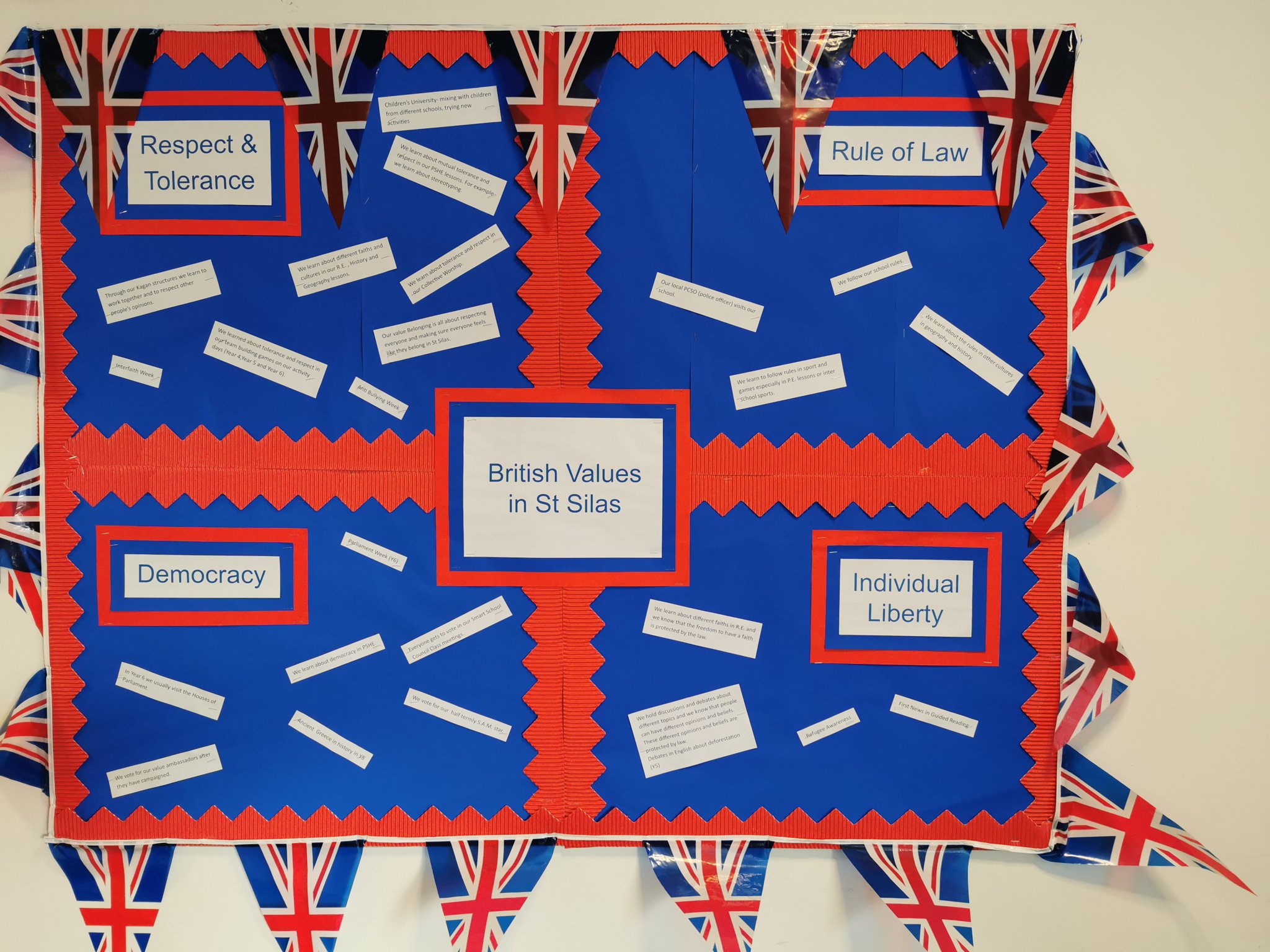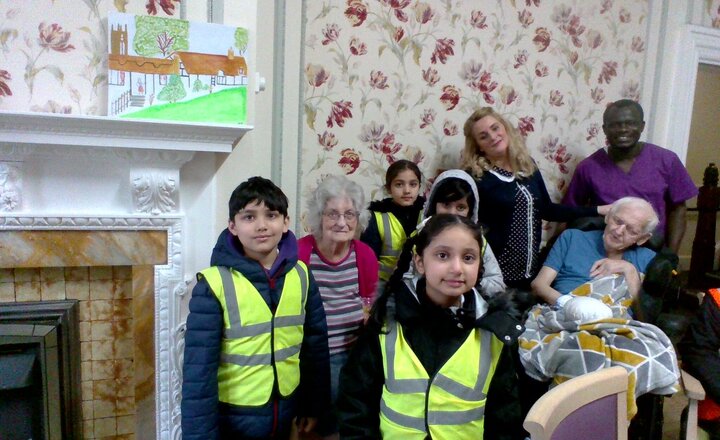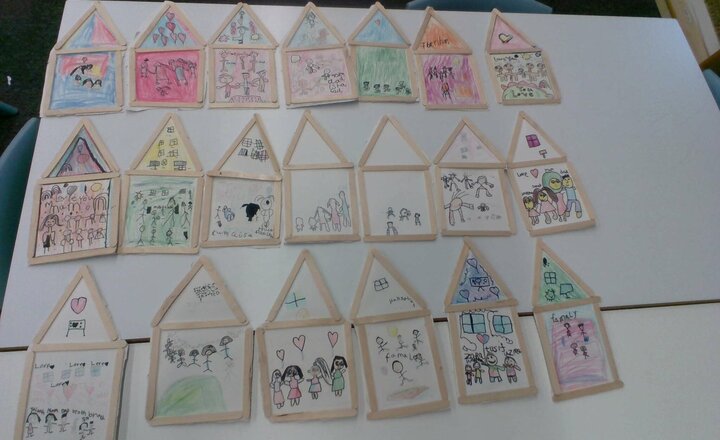Why do we teach PSHE?
“PSHE Education is a planned, developmental programme of learning, through which pupils acquire the knowledge, understanding and skills they need to manage their lives now and in the future. As part of a whole-school approach, PSHE education develops the qualities and attributes pupils need to thrive as individuals, family members and members of society. PSHE education equips pupils to live healthy, safe, productive, capable, responsible and balanced lives.”
(PSHE Association 2017)
PSHE enables children to develop the attributes and qualities in order to thrive as an individual in society. At St Silas we want our children to be equipped to handle the challenges and changes that they encounter during all stages of their life. PSHE lessons provide the opportunity for young people to explore their understanding of a range of life skills in order to become young people who make a positive contribution to society, taking into account British Values and the ability to express their own feelings articulately. Being able to talk about their lives can also ensure that the adults around them can keep them safe at all times.
The overarching concepts developed through our Life Skills curriculum are identity, relationships, a healthy balanced lifestyle, risk and safety, diversity and equality, rights, responsibilities and consent, change and resilience, power and career. Our children will have opportunities to explore their attitudes, values and beliefs about these concepts and to develop the skills, language and strategies necessary to manage these issues should they encounter them in their lives.
By the end of KS2 our children will have a secure understanding of themselves and others and will know how to support their own future and become an active citizen. They will know more, remember more and understand more.
“Oracy increases confidence empowering students with the belief that their voice has value, developing the ability to articulate thoughts so others will listen.” (Voice 21) This is interlinked closely with the skills and knowledge gained through PSHE lessons.
How do we teach PSHE?
Weekly PSHE lessons are taught according to the policy and scheme of work which are inline with the PSHE Association. Teachers include opportunities for children to voice their opinions in relation to PSHE related issues in any area of the curriculum. Teachers are also encouraged to hold impromptu Circle Time or similar whole class or small group discussions in relation to anything important that may arise. This could included incidents within the class, school or at a national level.
What do we teach in PSHE?
By working closely within the guidance from the PSHE Association, we provide a balanced curriculum that is sequenced appropriately in order to develop the attributes and qualities needed to become a well rounded individual in society. Life Education is taught regularly in each class following three core themes: Health and Wellbeing, Relationships, Living in the wider world - Economic Wellbeing. The Scheme of Work also includes opportunities to link British Values, SMSC and brings key skills into the curriculum.
A key aim of Relationships Education in primary schools is to protect children.
The new Government guidance is set out under the following headings:
- Families and people who care for me
- Caring friendships
- Respectful relationships
- Online relationships
- Being safe
PSHE
SMSC
Government guidance on Personal Social GHealth & Economic Education
Government guidance on Relationships Education
Assessment
Children will demonstrate and apply the British Values of Democracy, Tolerance, Mutual respect, Rule of law and Liberty.
Children will demonstrate a healthy outlook towards school – attendance will be in-line with national and behaviour will be good.
Children will achieve age related expectations across the wider curriculum.
Pre and post assessment activities and reflection sheets demonstrate the progression of knowledge, skills and understanding.
PSHE is a fundamental subject for our disadvantaged children. Research has shown that there is a strong link between pupil health and wellbeing and attainment. By teaching children to stay safe and healthy, and by building self-esteem, resilience and empathy, an effective PSHE programme can tackle barriers to learning, raise aspirations, and improve the life chances of the most vulnerable and disadvantaged children.
Message from the Subject Leader
The subject lead is Mr Ali.
Extras
Each class or year group has its own class charity that they support throughout the year. Children will also be invited to participate in a number of nationally recognised events to help prepare them as adults who contribute in a positive way to society as a whole. These may include visiting local care homes, reading to and with younger children and raising money for Children in Need, Save the Children Christmas Jumper Day and many more.
Support for Parents
The best way in which a parent can support their child’s PSHE Education in school is to talk to their child about what they have been learning. Being aware of the subject matter that is being covered at any given time can enable parents to further reinforce positive attitudes towards the lessons through informal discussions at home. Effective Relationship Education truly is a partnership between parents and schools
How personal, social, health and economic education can help your child.
https://www.pshe-association.org.uk/pshe-education-guide-parents
Easy ways to eat well and move more.
https://www.nhs.uk/change4life
https://www.foodafactoflife.org.uk
Advice, tips and tools to help you make the best choices about your and your family’s health and wellbeing.
https://www.nhs.uk/live-well/
Bullying helpline for parents
www.kidscape.org.uk
Cyberbullying
https://www.thinkuknow.co.uk
Financial education for children
https:/natwest.mymoneysense.com/home/

British Values in St Silas
Key Concepts within our Geography and History curriculum showing links to to British Values and our school values


